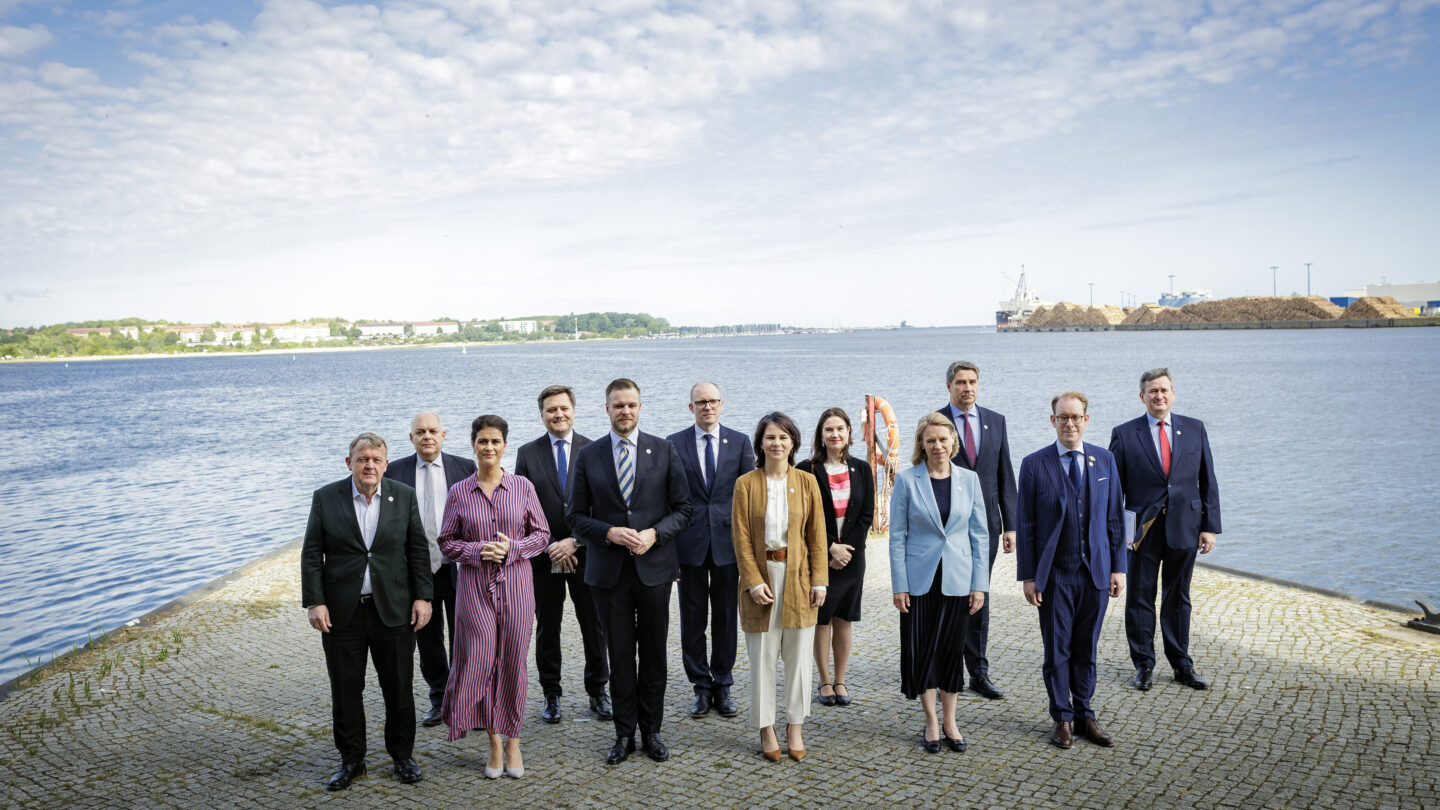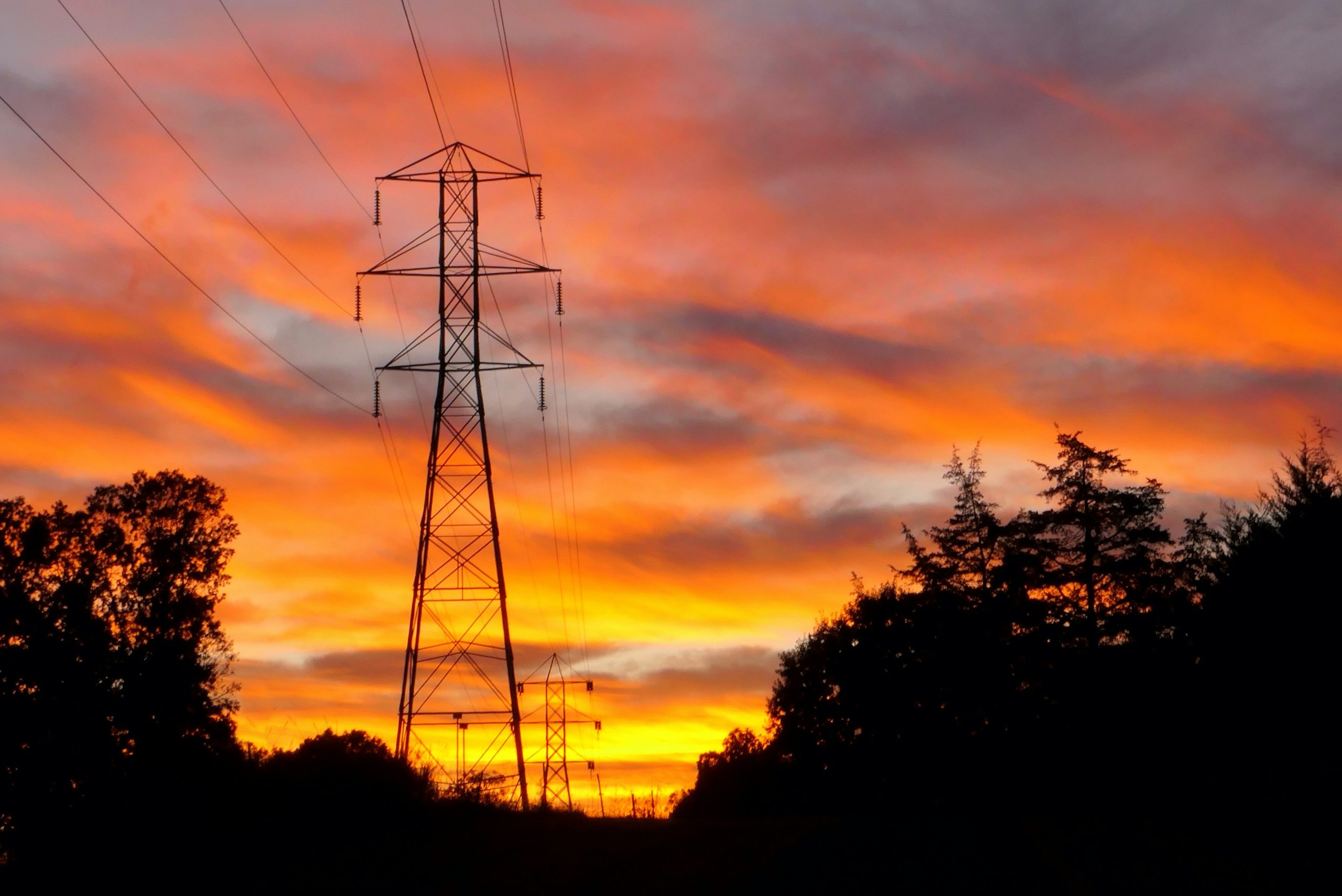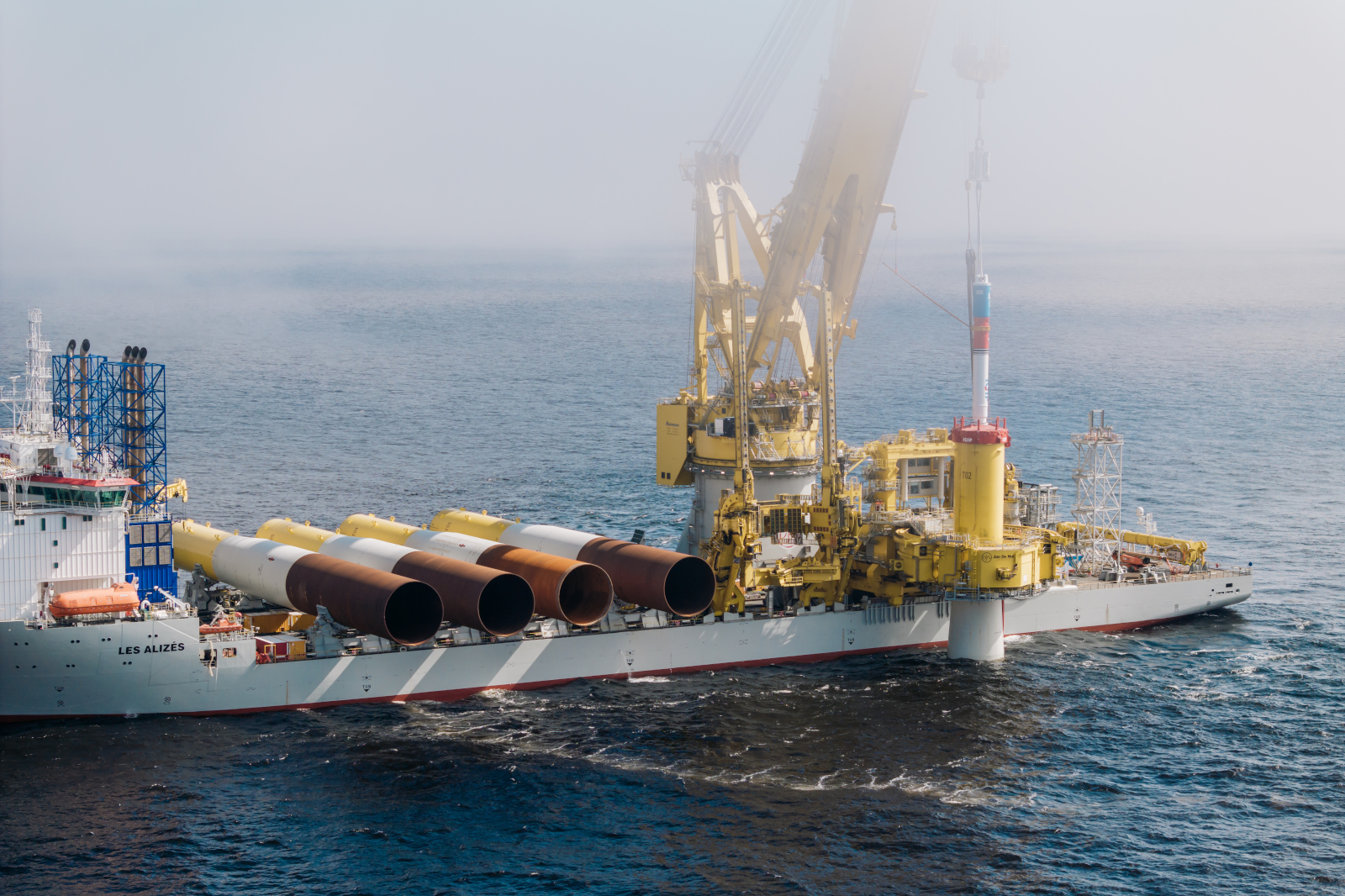The 20th Council of the Baltic Sea States (CBSS) Ministerial Session, held in Wismar, Germany, concluded on 2 June 2023, with key outcomes demonstrating solidarity against Russia’s ongoing aggression in Ukraine, commitment to climate neutrality and renewable energy, and an emphasis on youth participation and societal resilience in the Baltic Sea Region.
The 20th Council of the Baltic Sea States (CBSS) Ministerial Session concluded in Wismar on 2 June 2023, under the presidency of Germany, with a declaration underscoring its support for renewable energy, particularly offshore wind, and the role of the region’s youth in shaping its future. The Council also condemned the ongoing military aggression by Russia in Ukraine, and emphasised the need for developing the resilience of societies in the Baltic Sea Region (BSR).
The Ministerial Session was attended by the foreign ministers and high-level representatives of the CBSS member states and the European Union.
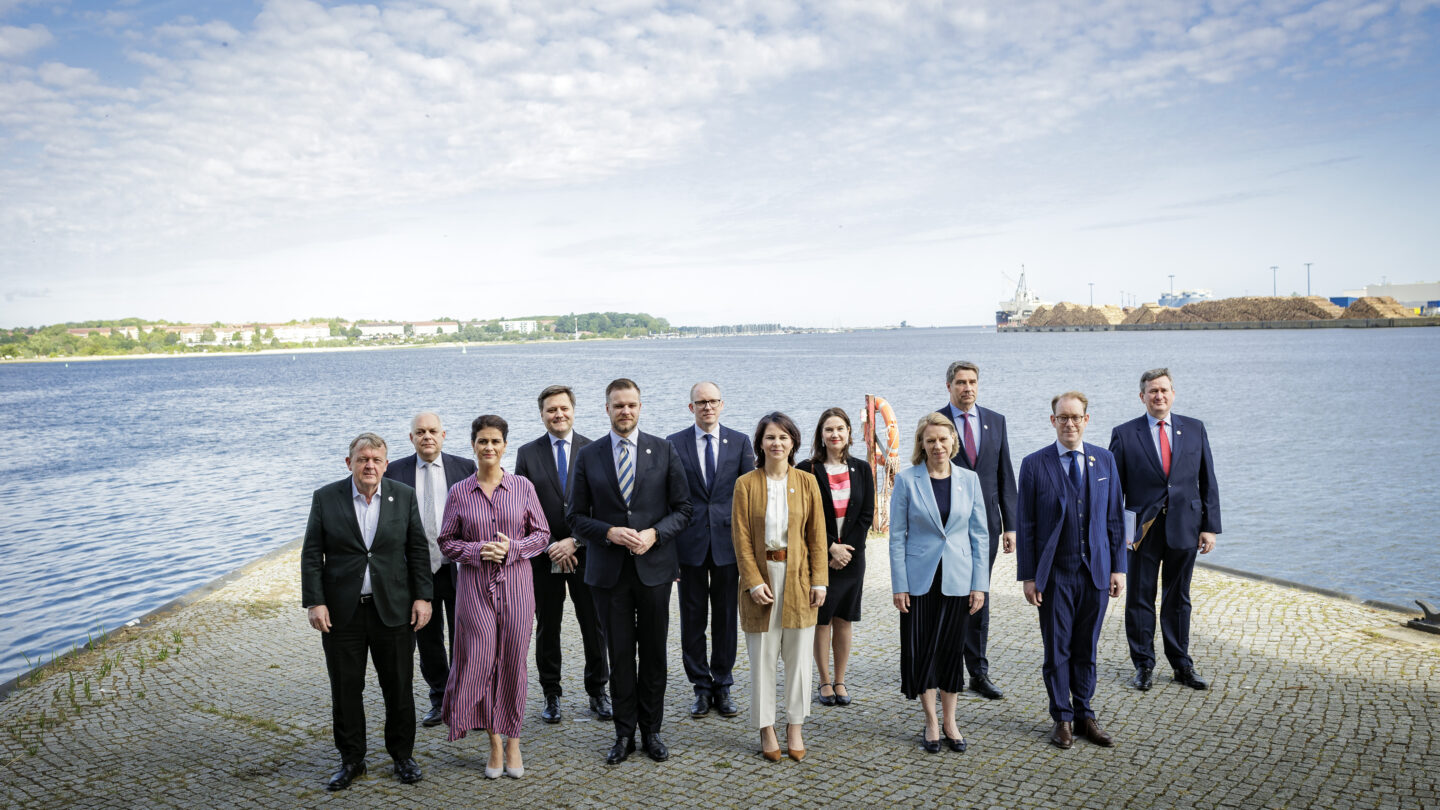
CBSS Ministerial Session of the foreign ministers of the CBSS member states in Wismar, 01.06.2023; photo: photothek.net
In a show of unity, the CBSS Ministers took a strong stance against Russia’s continuing aggression in Ukraine, voicing their unwavering solidarity with Ukraine. Belarus was condemned for its complicit role in the conflict. The Council stated that its relations with both countries will remain severed until adherence to international law is restored. Russia was suspended from the CBSS in 2022 and subsequently withdrew from the organisation.
With the ongoing conflict in Ukraine exposing Europe’s vulnerability to its dependency on fossil fuels, especially Russian oil and gas, the Council reaffirmed its commitment to achieving climate neutrality by 2050. Recalling the recently held Baltic Offshore Wind Forum and the Berlin Declaration on Offshore Wind, the Council identified offshore wind as a major potential source of renewable energy, noting that it could help combat climate change, increase energy security, and reduce energy prices.
Underlining the importance of further developing the resilience of societies in the Baltic Sea Region, the ministers recognised the need of enhancing the ability of societies to resist and recover from shocks. They particularly identified strengthening civil preparedness, countering disinformation and false narratives, protecting and enhancing the resilience of critical infrastructure as key issues of cooperation.
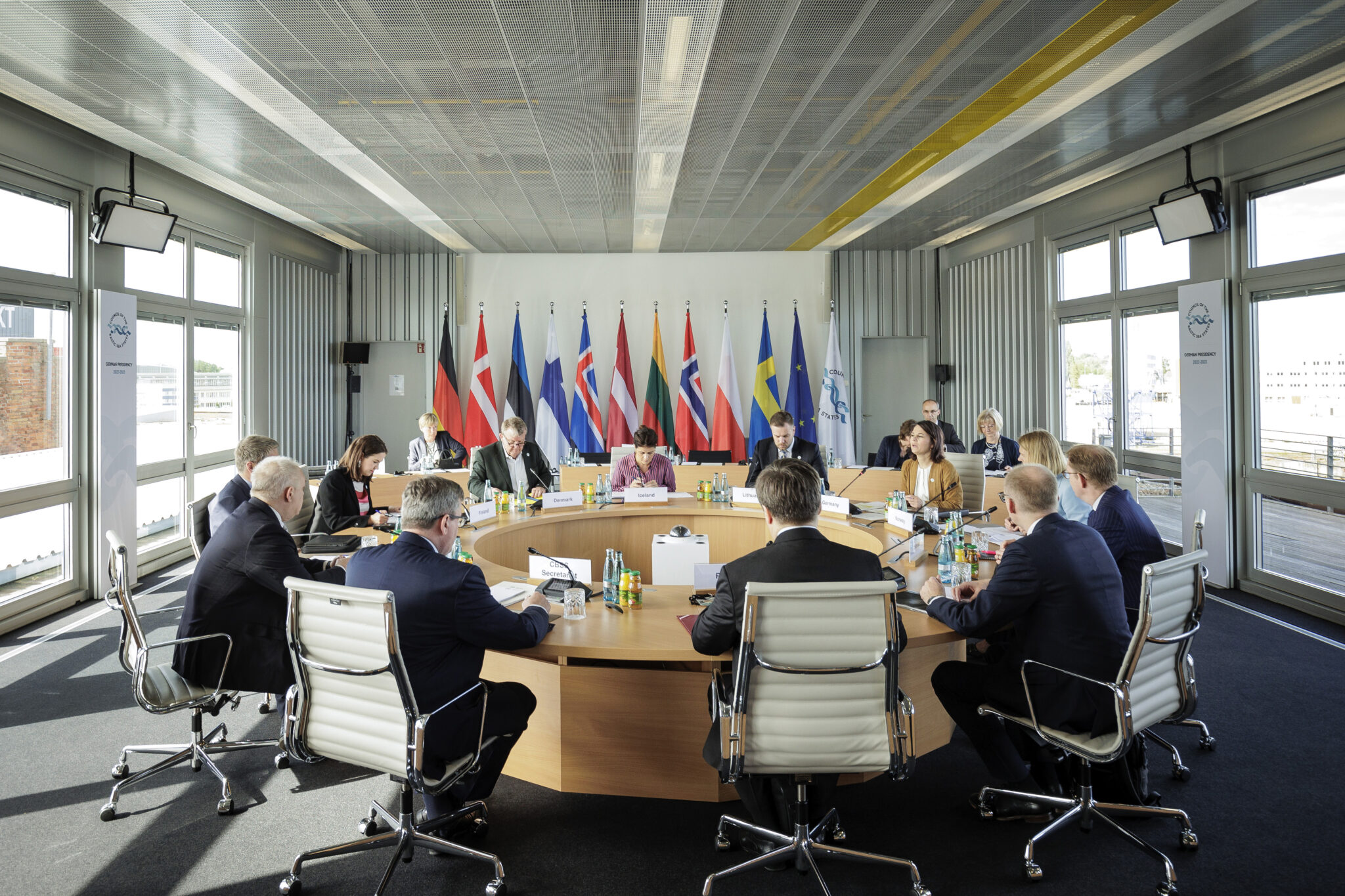
Working session of the foreign ministers of the CBSS member states in Wismar, 02.06.2023; Photo: photothek.net
The Council also praised the launch of a holistic dialogue on underwater munitions in the Baltic Sea, taking into account recommendations from the Kiel roundtable on dumped munitions, with the Council advocating for continuous cooperation, notably with HELCOM, to bridge knowledge gaps, develop eco-friendly risk assessment practices, and investigate funding opportunities for safer management of dumped munitions.
Highlighting youth involvement, the Council furthermore praised the launch of the Baltic Sea Region Youth Forum in January 2023 and the active participation of young people in the recently held CBSS Youth Ministerial. The outcomes of the event – four concrete project proposals of which one has received a grant of 5000 euros for further implementation, and a youth position paper – were also presented.
Emphasizing the importance of multilevel governance, the Council highlighted the CBSS’s role as a forum for political dialogue on issues of common interest and as an instrument for practical cooperation. The Council reaffirmed its commitment to the UN Sustainable Development Goals and the Paris Climate Targets, inviting its members to continually strive for their ambitious implementation in the region.
The Council commended the successful German presidency of the CBSS, with Finland being warmly welcomed as the incoming presidency from July 2023.
Established in 1992 to stabilize the Baltic Sea Region following the collapse of the Soviet Union, the CBSS is an international forum for political dialogue and practical cooperation. Its members are Denmark, Estonia, Finland, Germany, Iceland, Latvia, Lithuania, Norway, Poland, and Sweden, as well as the European Union.
Source: CBSS
